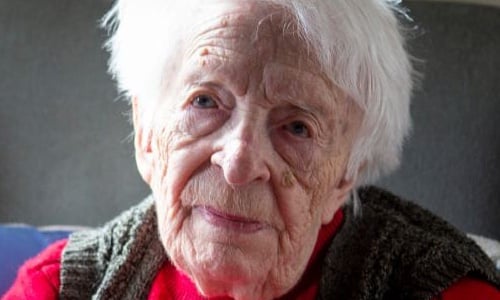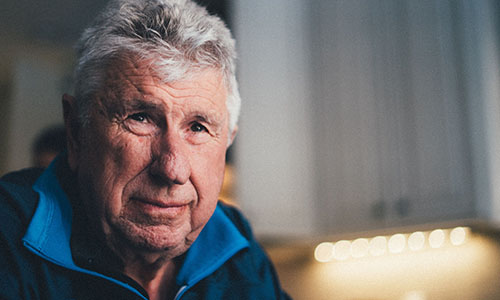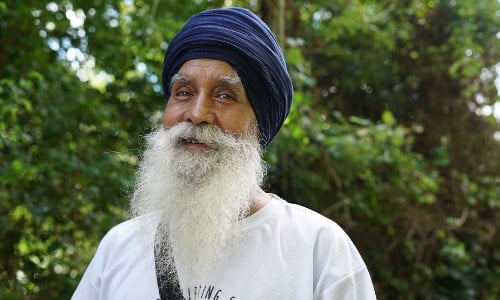People across the world celebrate Diwali. As a child it was a festival I really looked forward to, and as an adult it still brings similar feelings of joy. The coming together of family and friends across generations, the food, the sweets, the colours and the fun. It's magical.
A festival across many faiths
Diwali is a festival celebrated by Hindus, Jains, and Sikhs. It is also celebrated by some Buddhists. It is the festival of the Indian subcontinent and for each of these faiths reflects differing historical events and stories. For each, the common thread is that it symbolises the victory of light over darkness.
Hindus celebrate the return of Lord Ram, with his wife Sita and brother Lakshmana, after defeating demon Ravana and serving 14 years in exile. Divas (oil lamps) were put in windows to show the way home.
Sikhs, meanwhile, celebrate Bandi Chhor Divas (also called Diwali), marking Guru Hargobind’s release from a Mughal Empire prison and return to Amritsar, where residents lit divas (oil lamps) throughout the city to celebrate the occasion. Diwali was also the day, almost 50 years before Guru Hargobind’s release, when the foundation stone of Sikhism’s holiest site (the Golden Temple at Amritsar) was laid.
For Jains, such as myself, attempting to live by the principle of ahimsa (non-violence), Diwali is a celebration of the day that marks the enlightenment and liberation (moksha) of Lord Mahavir from the cycle of life and death (samsara). The lighting of divas (oil lamps) celebrates the light of Lord Mahavir’s holy knowledge.
Celebrating as one festival
Diwali is a festival for the many, and how people celebrate it is similar across all faiths and communities, stemming from the melting pot of people with differing beliefs living harmoniously together over many centuries. Temples (Mandir, Derasar, Gurdwara) are visited, divas and rangoli decorate the homes, while family and friends share mithai (sweets) and food, and communities come together.
Celebrations across the world
The legacy of the British Empire meant that people with faiths that celebrate Diwali became spread across the globe, and so Diwali is celebrated from the largest countries to the smallest islands. In many countries, Diwali is celebrated with a national holiday. This includes India, Pakistan, Nepal, Sri Lanka, Singapore, Myanmar, Fiji, Guyana, Mauritius, Suriname, and Trinidad and Tobago; and in other countries people take the day as holiday.
Memories of a life
For many older people celebrating Diwali in this country, it is a reminder of growing up in world before migrating here – a world in which extended families and friends came together, bringing new clothes and a feast of colourful and sweet food to mark a special day.
Sumita, one of Age UK's storytellers and a Hindu, recalls celebrations from her childhood in India. “I remember going to my local neighbourhood festivities with my mother,” she recalls. “We would go and pay our respect to the deity, and maybe taken some offerings like incense or sweets. Of course, I also remember lighting lamps – that was always exciting. We lit lamps everywhere and enjoyed lovely food.”
Today, as extended families living together becomes less common, Diwali is a time when older people can once again get together with their whole family. Everyone in the family can spend time enjoying themselves through food, songs, and stories – especially the little ones, who can be showered with gifts and wisdom that they will come to value long after the souls of their elders take leave of their current bodies.






